Vietnam has only introduced chemicals into agricultural production for about 50 years, so many localities still practice traditional agriculture.
Recently, in Tuc Tranh commune, Phu Luong district (Thai Nguyen), Thai Nguyen University of Agriculture and Forestry organized a workshop on "Developing and expanding organic agriculture - a direction for sustainable agriculture, adapting to climate change". The workshop was attended by many scientists from ministries, branches, domestic and international academies, representatives of some local state management agencies, and farmers in Thai Nguyen and Son La provinces.
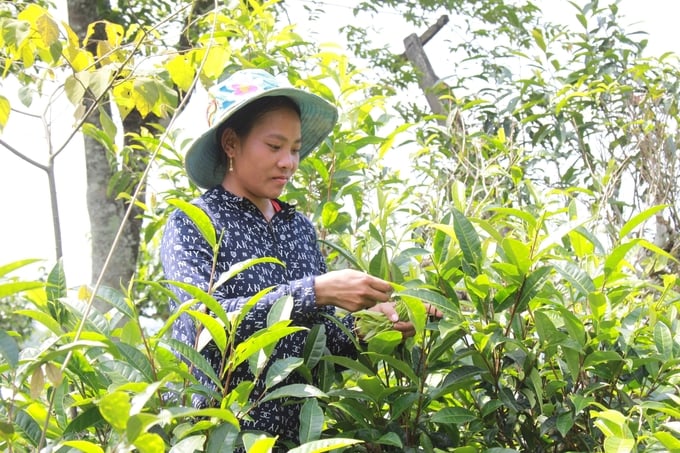
Many agricultural production areas in our country still maintain traditional production methods that are very favorable for organic agricultural production. Photo: NNVN.
At the workshop, scientists emphasized that climate change is the biggest challenge facing humanity in the 21st century, seriously affecting all aspects of people's lives around the world. Vietnam is also one of the countries that is likely to be severely affected by climate change. Accordingly, replicating organic agriculture models is considered one of the sustainable solutions to adapt to climate change.
Dr. Pham Hai Vu (Institute of Policy and Strategy for Agricultural and Rural Development) shared that the International Federation of Organic Agriculture (IFOAM) was established in 1972 in Versailles (France) with the purpose of communicating and exchanging information related to the principles and practices of organic agriculture. To date, 188 countries have implemented 96,000,000 hectares of organic agriculture production, accounting for 2.2% of the total global cultivated area. Countries such as the United States, Australia and the European Union (EU) have very fast organic agriculture development rates.
"Vietnam has only introduced chemicals into agricultural production for about 50 years, so there are still many localities that practice traditional agriculture. Vietnam is also a country with many different ecological zones, rich and diverse biological populations... These are very favorable conditions for developing organic agricultural production, but to export these products, it is necessary to achieve international organic certifications," Dr. Pham Hai Vu pointed out.
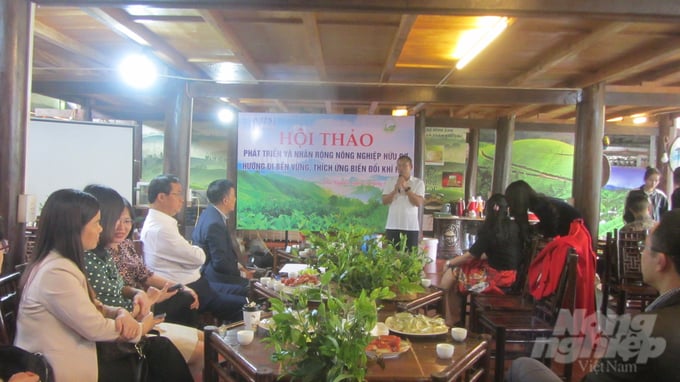
The workshop attracted many experts, scientists, and businesses to discuss the difficulties and advantages in developing organic agriculture in our country. Photo: Hai Tien.
Prof. Dr. Dao Thanh Van, Vice President of the Vietnam Organic Agriculture Association, said that by 2023, all 63/63 provinces and cities in the country will have built organic farming models. The export turnover of organic farming products in our country is currently about 335 million USD/year, with nearly 1,000 hectares of various crops certified by foreign organizations as organic production. Typical examples include Yen Bai's Vinasamex Cinnamon Company, Ecolink Company and Hung Cuong Company, Shan Tuyet organic tea produced in Lao Cai and Ha Giang ...
In particular, TH Group with the motto "Cherish Mother Nature", "For the health of the community" has become the first and only enterprise in Vietnam to convert dairy cows to organic farming, TH True milk fresh milk has achieved European organic certification. Along with that, 95 vegetable and fruit products of FVF International Clean Vegetable and Fruit Production and Supply Joint Stock Company under the Group have also achieved European and American Organic certification.
Mr. Nguyen Ta, Head of the Thai Nguyen Department of Crop Production and Plant Protection, said that Thai Nguyen is the origin and the locality with the largest organic agricultural production area in the country. By the end of 2023, in terms of applying organic production standards alone, the province had implemented nearly 180 hectares, mainly on tea trees and edible and medicinal mushrooms. This result was achieved thanks to the Provincial Party Committee and the Provincial People's Committee having issued resolutions and decisions approving the implementation of the Project "Developing key agricultural products of Thai Nguyen province in the period of 2021 - 2025, with a vision to 2030", in which priority is given to funding to support farmers in developing organic, VietGAP and safe agricultural production.
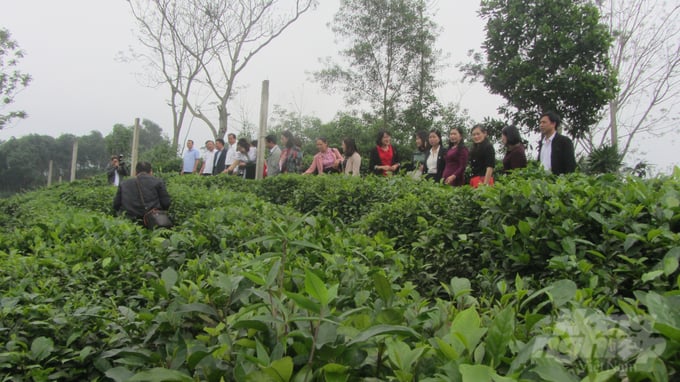
Delegates visit the organic tea production model at Khe Coc Cooperative (Tuc Tranh, Phu Luong, Thai Nguyen). Photo: Hai Tien.
Despite the above achievements, Dr. Hoang Thi Thuy, Head of the Cultivation Department (Thai Nguyen Department of Cultivation and Plant Protection) frankly admitted that organic agricultural production in our country in general still has many shortcomings such as: The list of input materials (fertilizers, animal feed, veterinary drugs, pesticides) used for organic production has not been issued yet. The fee for organic product certification by international organizations is too high, while certification according to TCVN has not won the trust of the community. The local organic agricultural market has not been formed, and there is no mechanism to encourage producers to convert conventional agriculture to organic agricultural production.
Dr. Nguyen Tri Hieu, Vice Principal of Thai Nguyen University of Agriculture and Forestry, pointed out that smart agricultural production through technical measures taking into account the suitability with natural characteristics and ecological conditions of crops is also a way to adapt to climate change.
Dr. Nguyen Thi Ngoc Dinh (Vietnam Academy of Agriculture) said that organic agricultural production helps reduce greenhouse gas emissions, contributing to the fight against climate change. Therefore, the state needs to soon issue a plan for organic agricultural production areas to attract investors to produce large-scale organic agricultural products, making it easier to inspect, monitor, certify and consume products, and accelerate the process of forming a domestic organic agricultural market.
"Currently, in our country, there are many concepts of organic and VietGAP such as: organic agriculture, organic production, VietGAP, VietGAP orientation... making it difficult for farmers and consumers to distinguish in order to produce or buy products that meet organic standards," Dr. Dinh stated the current situation.
According to Dr. Truong Thi Anh Tuyet (Thai Nguyen University of Agriculture and Forestry), the discussions on successes and difficulties in developing organic agriculture at the workshop will help the "4 houses" have more information to build mechanisms and policies, integrate practice with training and research, connect businesses with farmers, managers and scientists to promote sustainable development of organic agriculture production, adapting to climate change.
Source



![[Photo] President Luong Cuong presents the 40-year Party membership badge to Chief of the Office of the President Le Khanh Hai](https://vphoto.vietnam.vn/thumb/1200x675/vietnam/resource/IMAGE/2025/5/19/a22bc55dd7bf4a2ab7e3958d32282c15)

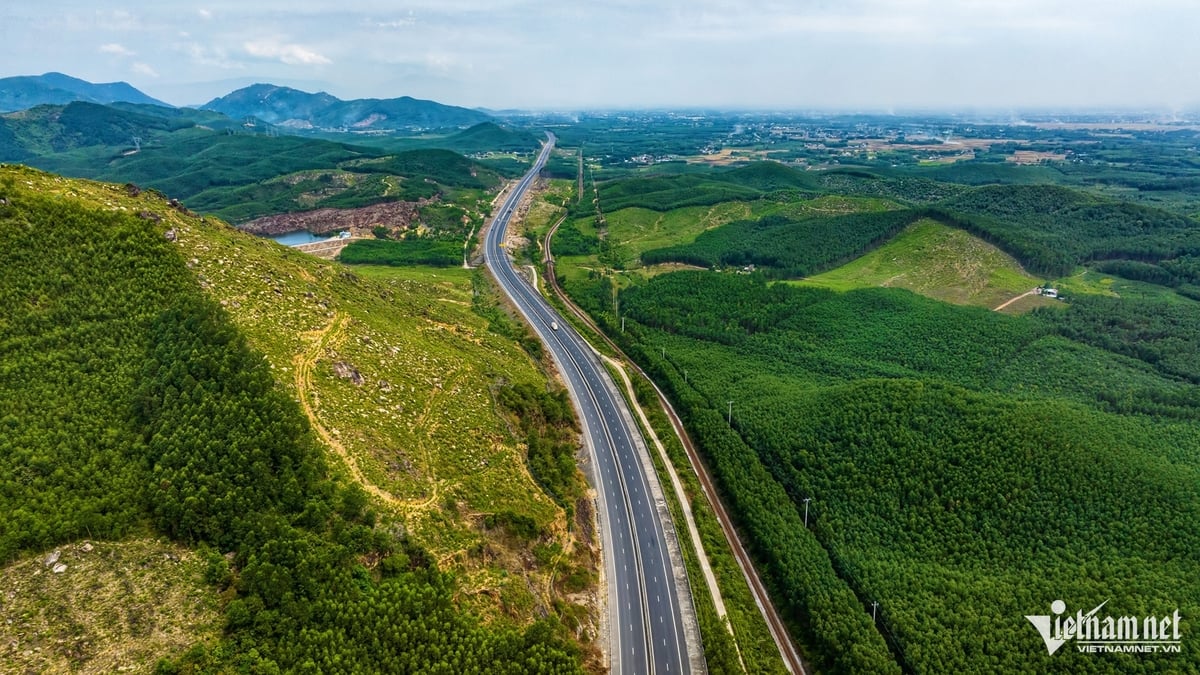
![[Photo] Panorama of the Opening Ceremony of the 43rd Nhan Dan Newspaper National Table Tennis Championship](https://vphoto.vietnam.vn/thumb/1200x675/vietnam/resource/IMAGE/2025/5/19/5e22950340b941309280448198bcf1d9)
![[Photo] Close-up of Tang Long Bridge, Thu Duc City after repairing rutting](https://vphoto.vietnam.vn/thumb/1200x675/vietnam/resource/IMAGE/2025/5/19/086736d9d11f43198f5bd8d78df9bd41)


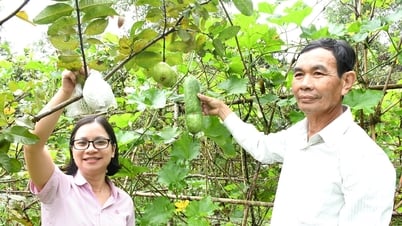

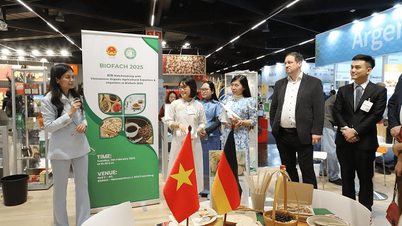




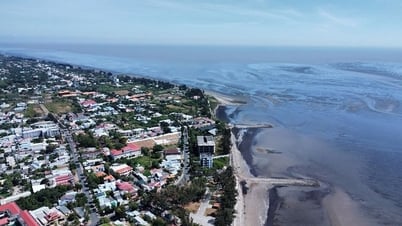

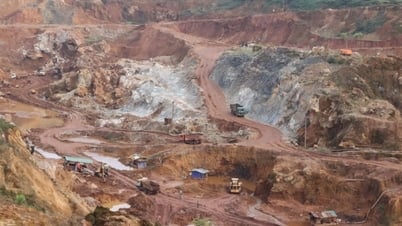

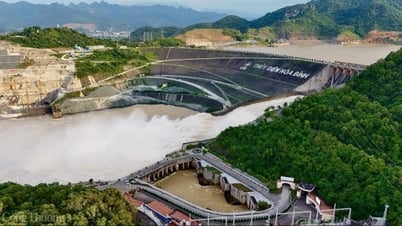


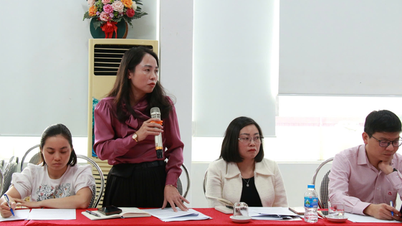
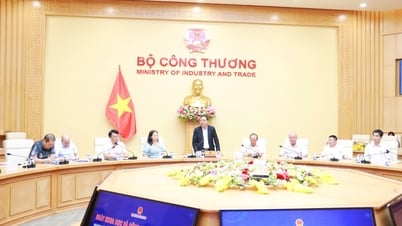





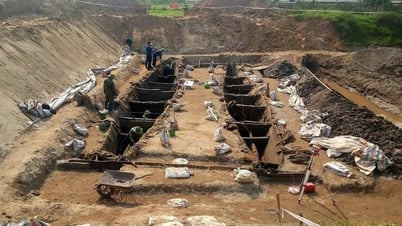

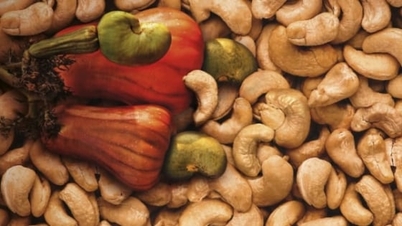
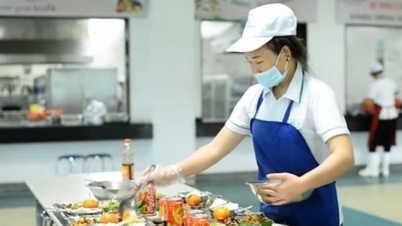
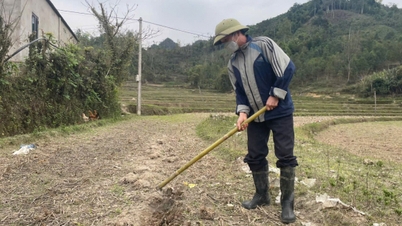
![[Photo] General Secretary To Lam attends the conference to review 10 years of implementing Directive No. 05 of the Politburo and evaluate the results of implementing Regulation No. 09 of the Central Public Security Party Committee.](https://vphoto.vietnam.vn/thumb/1200x675/vietnam/resource/IMAGE/2025/5/19/2f44458c655a4403acd7929dbbfa5039)

































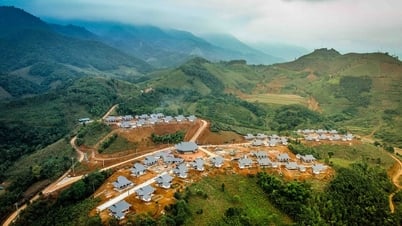

















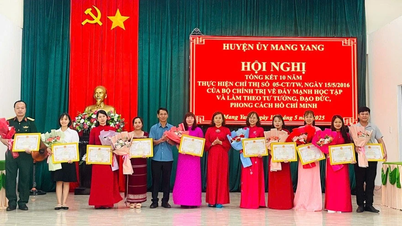

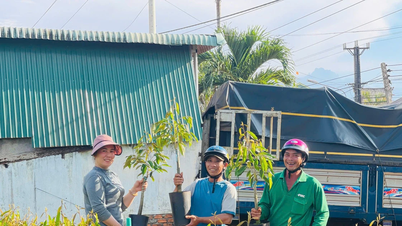






![[VIDEO] - Enhancing the value of Quang Nam OCOP products through trade connections](https://vphoto.vietnam.vn/thumb/402x226/vietnam/resource/IMAGE/2025/5/17/5be5b5fff1f14914986fad159097a677)



Comment (0)